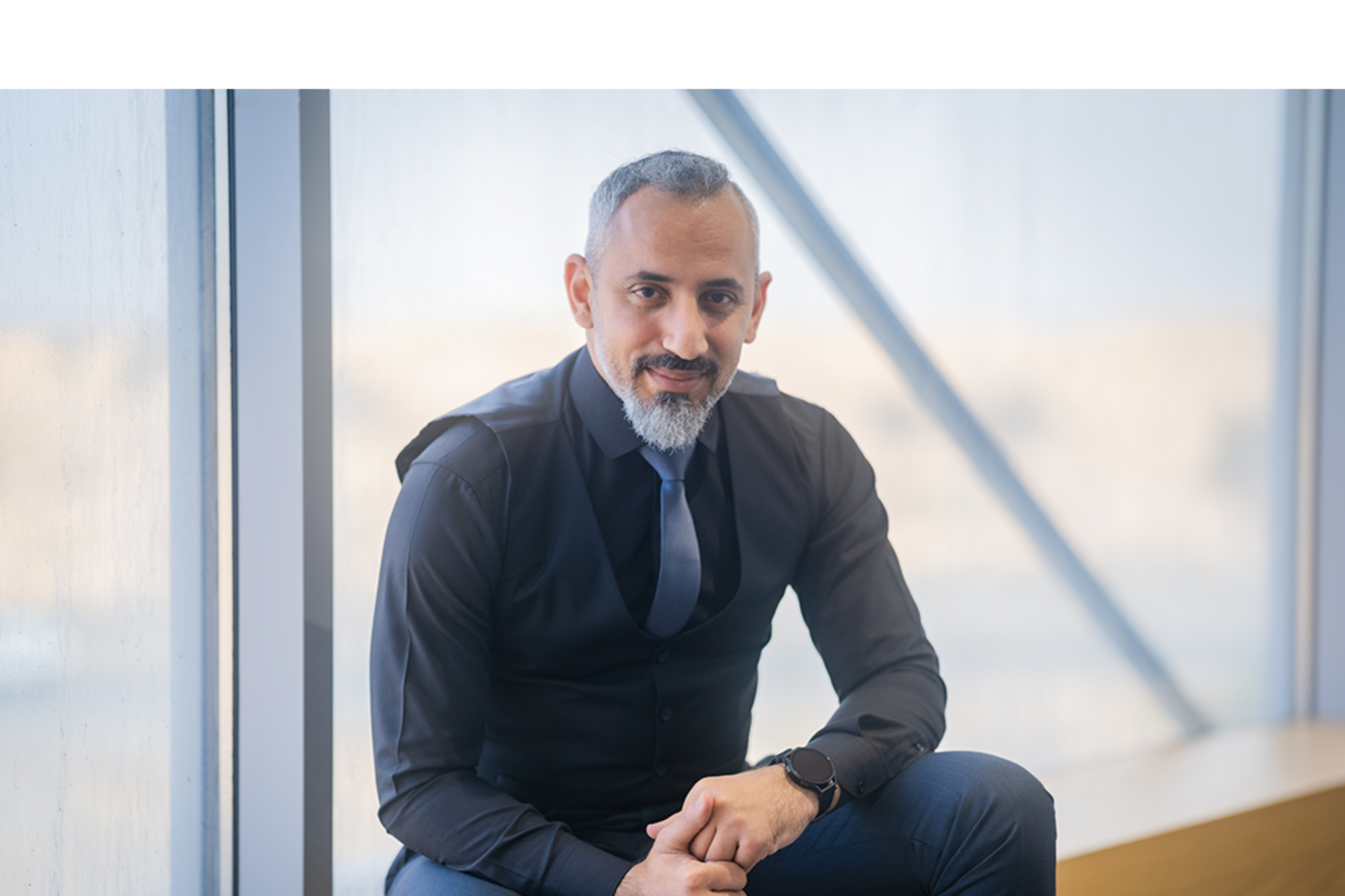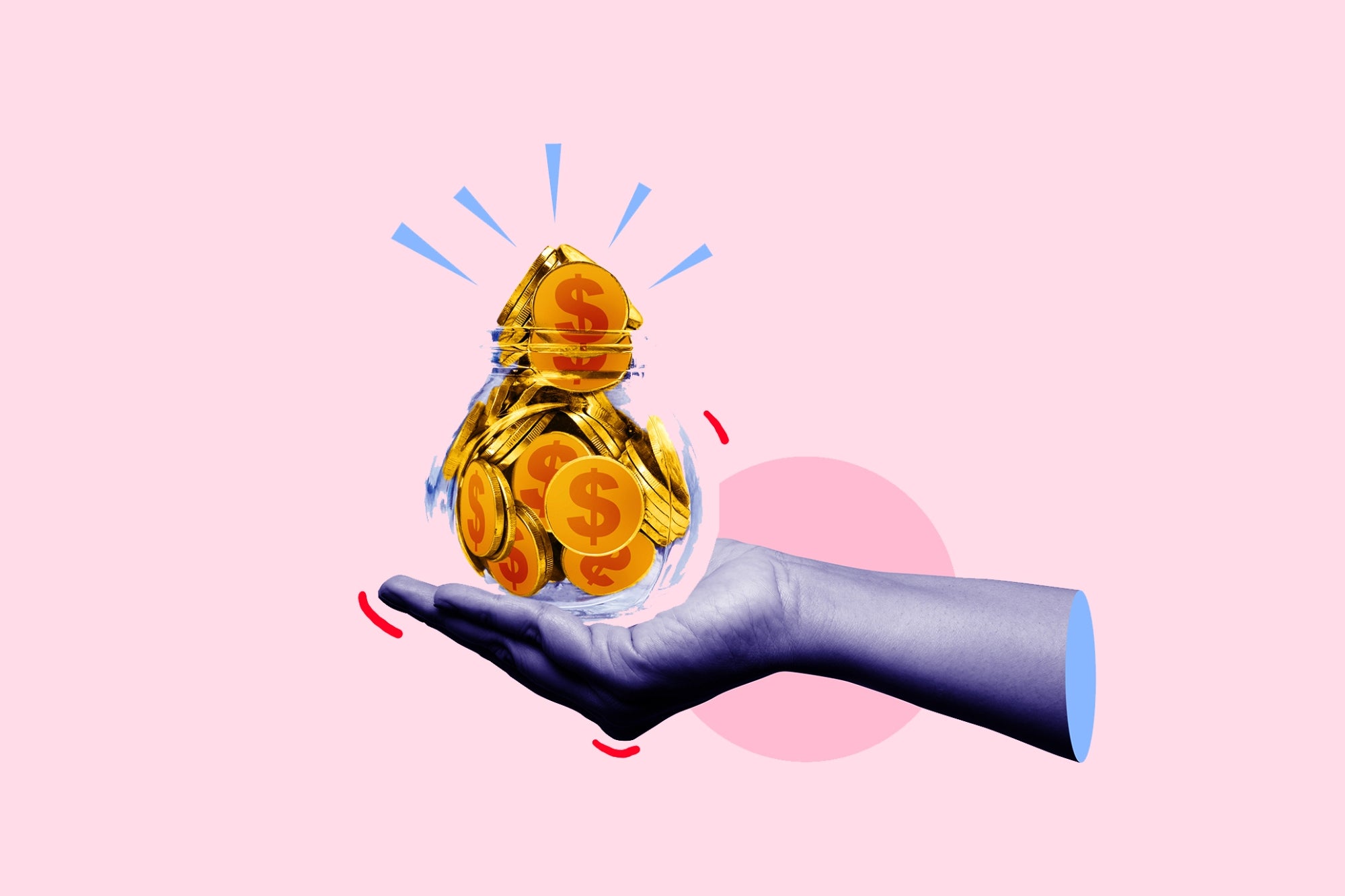Why Investing Time (Not Just Money) Is Essential For Your Startup Brndstr founder Simon Hudson gives a brief overview on what was needed to raise the funds for his enteprise, the time it took, and more.
By Simon Hudson
Opinions expressed by Entrepreneur contributors are their own.
You're reading Entrepreneur Middle East, an international franchise of Entrepreneur Media.

In May 2014, The Wall Street Journal wrote an article about my company Brndstr about our raise of $1.6 million in new funding at the time. Since the news broke, I've been asked many times about how I was able to raise such a vast amount so soon, especially as a tech startup based in Dubai. So my fellow "treps, here's a brief overview on what was needed to raise the funds, the time it took, and as always, my personal advice gleaned from my own experiences along the way.
On the clock
I've just finished reading Malcolm Gladwell's hit book Outliers. For anyone who has yet to read this beast I suggest you put it on your to-do list. In it, Gladwell explains how the magical number of 10,000 hours is the time it takes for a person to notice a major pivot in their journey. Whether you are an athlete playing baseball, a designer or engineer building a product or a tech entrepreneur with a killer idea, 10,000 hours is the amount of time you need to make that major dent, according to Gladwell's theory.
Now this won't be the case for many people, however if you break it down Gladwell isn't too far off. In my case, since the age of 15 I was always crafting an idea, trying to start a business, and become the next Richard Branson. After reading this book I looked back and realized what I had actually be doing all my life was just dipping my toes in for the odd hour or 2. I never really gave it 100%, as always I needed that income so my focus was not all there. I have heard investors say that they need a 100% focus on an idea to consider putting the cash in, and I can see why. So looking back at my past 15 years of toe-dipping and brainstorming, I calculated my hours to the time that I closed my latest round. I worked out for 15 years- on average I spent two hours per day, either researching or tweaking my ideas. Taking away 30 days a year for holidays and partying, I did the math: 2 hours X 335 days X 15 years = 10,050 hours. BOOM!
So what I am saying here is that my $1.6m seed raise did not just take a month or even a year- I have been in training for most of my life. Taking the mistakes on board and learning along the way, I was able to achieve a major pivot in my career and successfully raise the seed capital I needed.
Stepping stones
So you have accumulated your hours and now you need something to show potential investors. What do you need? When people say to me now, I have an idea and need $100k- do you know anyone who might want to invest? In one my earlier articles, I discussed that having a prototype is key. Without this concept and proof that what you are wanting to build will work, it's hard to find someone who will truly get what you are doing, and who will believe in it. Also there needs to be evidence of financial commitment from your side. For myself, other than the lifetime of dedication and money spent on tweaking my skills, I also invested through partners and personal savings over $120k into Brndstr before any seed funding was raised. Not only did this show that I was serious about taking my company forward, it also reduced the risk for our investors in turn giving them more confidence.
Whodunit?
One area I believe that often goes with little or no consideration is who you should consider a suitable partner. For myself and Brndstr not only raising the funds, but who to raise them from was a key factor. During our fund raise I met with over 20 potential investors, but none of them felt like they were right for our tech family. I believe that for a business to work and succeed, you need to have the right people on board. If I am to be honest, I'd say that this is the single most important aspect of raising your funds. There will come a time when you might panic raise and accepting an offer just because might seem correct- beware because it probably isn't.
As an entrepreneur looking to raise the big bucks, I would summarize by saying see how many hours you're up to, give your idea and your business your all, and finally, choose your partners wisely. Remember that the seed raise is only the start- when the money is in the bank, that's when the hard work really starts. Good luck as always "treps!












